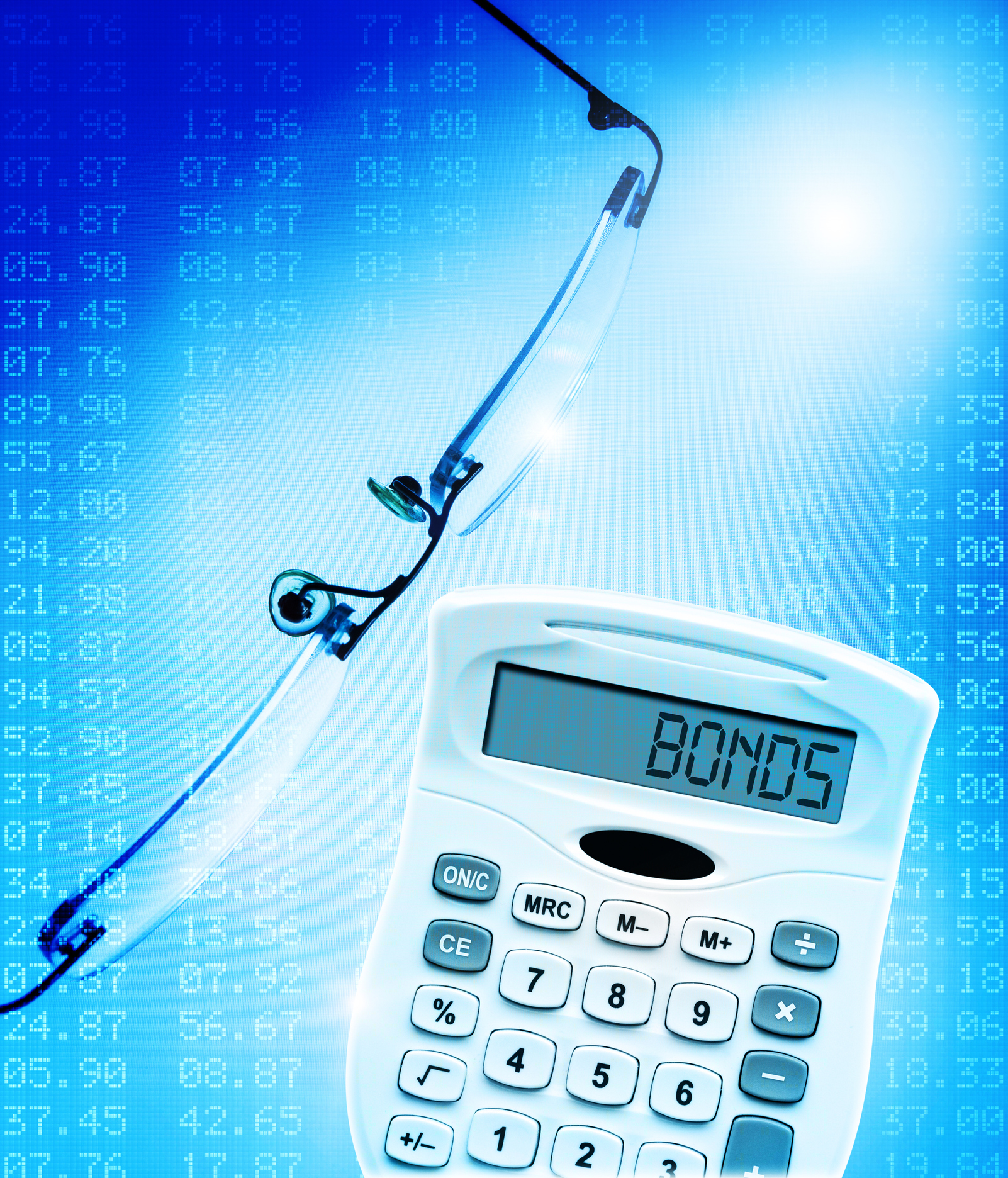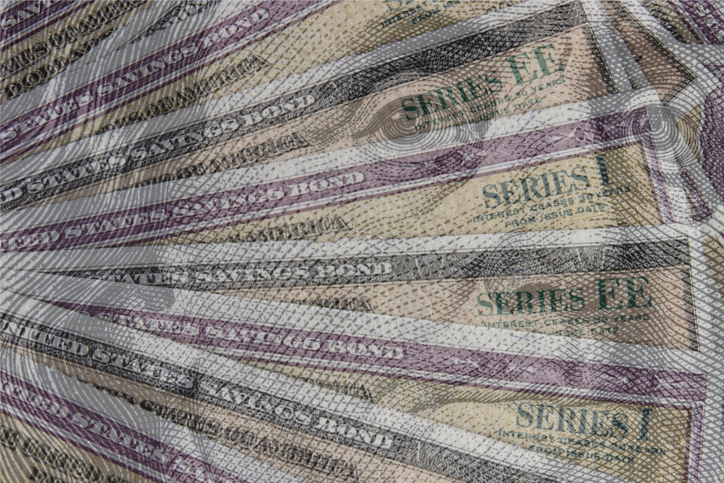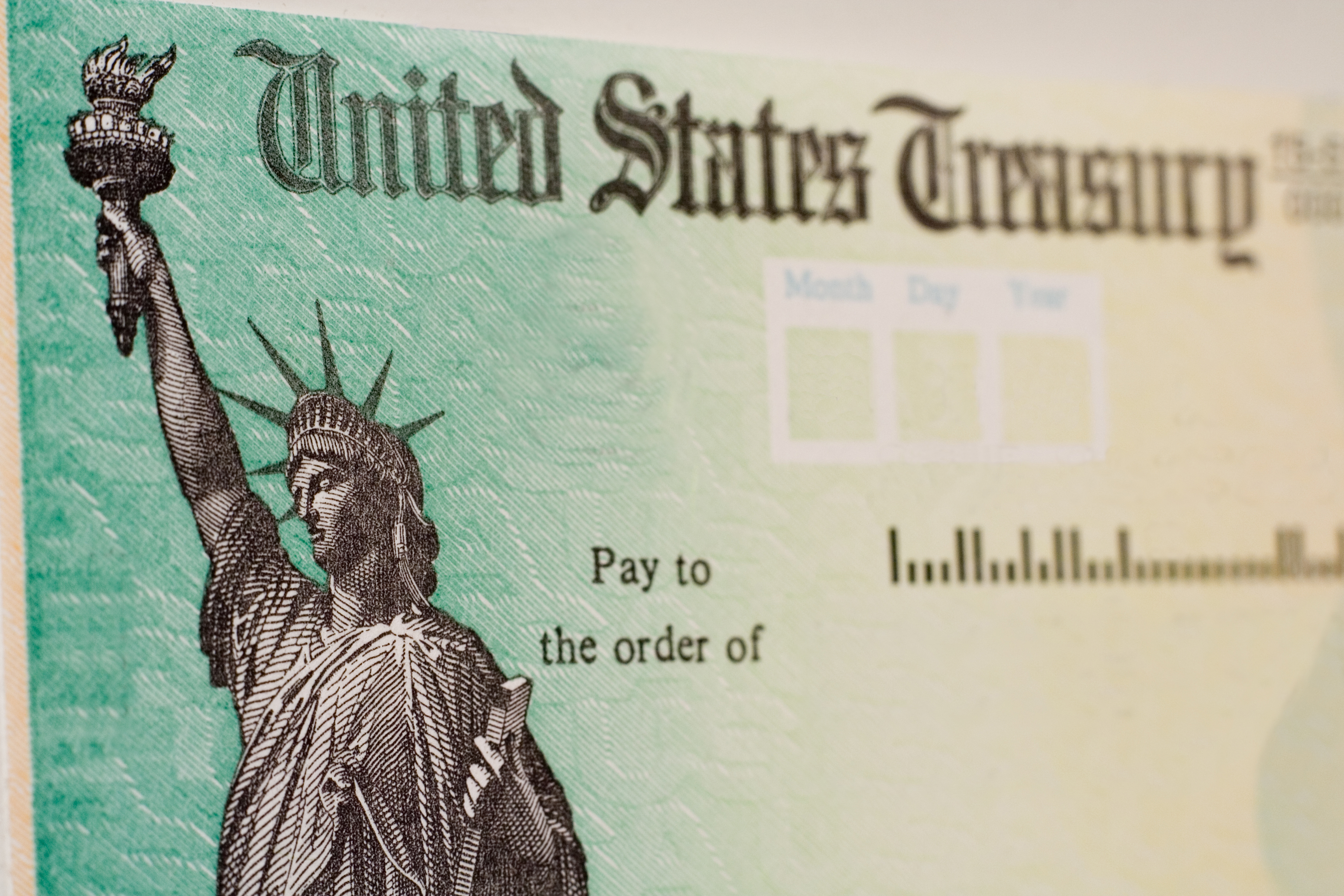Time the Stock Market at Your Peril
Anticipating the market’s gyrations, never easy in the first place, has only gotten harder in recent years.


Profit and prosper with the best of Kiplinger's advice on investing, taxes, retirement, personal finance and much more. Delivered daily. Enter your email in the box and click Sign Me Up.
You are now subscribed
Your newsletter sign-up was successful
Want to add more newsletters?

Delivered daily
Kiplinger Today
Profit and prosper with the best of Kiplinger's advice on investing, taxes, retirement, personal finance and much more delivered daily. Smart money moves start here.

Sent five days a week
Kiplinger A Step Ahead
Get practical help to make better financial decisions in your everyday life, from spending to savings on top deals.

Delivered daily
Kiplinger Closing Bell
Get today's biggest financial and investing headlines delivered to your inbox every day the U.S. stock market is open.

Sent twice a week
Kiplinger Adviser Intel
Financial pros across the country share best practices and fresh tactics to preserve and grow your wealth.

Delivered weekly
Kiplinger Tax Tips
Trim your federal and state tax bills with practical tax-planning and tax-cutting strategies.

Sent twice a week
Kiplinger Retirement Tips
Your twice-a-week guide to planning and enjoying a financially secure and richly rewarding retirement

Sent bimonthly.
Kiplinger Adviser Angle
Insights for advisers, wealth managers and other financial professionals.

Sent twice a week
Kiplinger Investing Weekly
Your twice-a-week roundup of promising stocks, funds, companies and industries you should consider, ones you should avoid, and why.

Sent weekly for six weeks
Kiplinger Invest for Retirement
Your step-by-step six-part series on how to invest for retirement, from devising a successful strategy to exactly which investments to choose.
I was on vacation in late June, checking my clients’ accounts, when I got a shock: One of my clients had put in sell orders for about $500,000 worth of stock funds. I called to ask him why, and he explained that he was nervous about the Brexit voting, which was taking place as we spoke.
When I woke up the next morning on June 24 — okay, when I checked my iPhone at 2 a.m. local time — I was chagrined to learn that British voters had approved their nation’s departure from the European Union. “Stocks are going to get killed,” I said to myself. “I guess my client was right.”
And he was, at least for two trading days, as stocks sold off globally. Then the market, in its infinite wisdom, changed its mind and recovered almost all of its losses.
From just $107.88 $24.99 for Kiplinger Personal Finance
Become a smarter, better informed investor. Subscribe from just $107.88 $24.99, plus get up to 4 Special Issues

Sign up for Kiplinger’s Free Newsletters
Profit and prosper with the best of expert advice on investing, taxes, retirement, personal finance and more - straight to your e-mail.
Profit and prosper with the best of expert advice - straight to your e-mail.
What happens next? The truth is, I don’t know, and nobody else does, either. Predicting the short-term course of the market is a fool’s errand.
What about “The Big Short,” the book (later made into a film) that showed how brilliant, hardworking analysts were able to spot a massive fraud in the mortgage markets before the mortgage securities blew up? John Rekenthaler, a veteran Morningstar analyst, put it best in a recent column. “Stock-market declines are always obvious in hindsight,” he wrote.
Looking back at the technology stock crash of 2000-02, it does seem utterly predictable. Valuations for tech stocks were astonishingly high. You couldn’t calculate price-earnings ratios for many of the companies because they had no earnings. Many had no sales. But we forget that tech stocks were ridiculously overpriced for years — and investors who sold them early paid a heavy price. Remember, too, that Alan Greenspan, at the time chairman of the Federal Reserve, worried aloud about “irrational exuberance” in the stock market — in 1996, some 39 months before share prices peaked.
Brexit may turn out to be the opening shot for a deep recession in Europe and a bear market in the U.S. (meaning a decline in share prices of at least 20%). But for every blowup in the financial markets, such as the 2000-02 downturn and the cataclysmic 2007-09 bear market, there are numerous false alarms.
Remember how China’s stalling growth rate, coupled with plunging oil prices, was going to trigger a bear market last year and again early this year? How about Greece’s debt mess in the early years of the decade? Or the crisis here in 2011, when Congress refused to raise the nation’s debt ceiling and Standard & Poor’s downgraded the U.S.’s credit rating?
Will Brexit turn out to be another “wimpy crisis,” as Jim Paulsen, chief investment strategist at Wells Capital Management, put it? Paulsen is too modest to think he knows. And I guarantee that the talking heads on CNBC don’t know, either.
For every genius who correctly calls a market top, 10 others get it totally wrong. I remember a prominent strategist (who shall remain unidentified here) reassuring the audience at an investment conference in 2008 that the subprime mortgage securities that proved so toxic were spread so widely around the world and in such small amounts that they wouldn’t cause serious damage anywhere.
The market is a discounting mechanism — that is, it incorporates the collective wisdom of investors about the future (as flawed as it may be) instantaneously.
With the wider and faster dissemination of news and information about markets ushered in by the internet, I’d argue that the stock market has become that much more efficient—and harder to outguess. Computers acting at lightning speed now account for at least 60% of daily stock trading. Think you can beat them to the punch?
[page break]
What’s an investor to do? Although it’s impossible to predict the short-term course of the market, we know a lot about the handsome profits stocks have produced over the long run. Shares of large U.S. companies have returned an annualized 9.6% since 1900, in spite of two world wars, the Great Depression and many smaller disasters. Foreign stocks have returned about 8% annualized over the same period, even though some entire stock markets, such as those of China and Russia, were wiped out in the past.
Unless you’re far from retirement, you don’t want to put all of your money in stocks. So you definitely should diversify with bonds. With today’s skimpy yields, bonds will likely produce only modest returns, but they will provide needed ballast for your portfolio.
Even if stocks fall into a bear market, you should make money on high-quality bond funds, such as Vanguard Short-Term Corporate Bond ETF (symbol VCSH) and Vanguard Limited-Term Tax-Exempt (VMLTX). I favor funds with below-average maturities; they will hold up better than funds with long maturities once interest rates begin to rise. (Bond prices and yields move in opposite directions.) See 5 Best Bond Funds to Buy While the Fed Keeps Rates Down for more options.
Of course, successfully timing the markets would be even more profitable — if you could actually do it.
A confession: I’ve been investing since 1982, and I was once an avid market timer, subscribing to advisory services that promised to provide warnings before awful sell-offs took place. Market timing got me out of stocks altogether just two trading days before the October 1987 crash, when Standard & Poor’s 500-stock index plunged 22% in one day. But my timing strategy also kept me out of the market for more than a year — during which stock prices rebounded.
Since then, I’ve become humbler about my abilities to predict the future. I confine myself to making small adjustments to investments to own less of what looks too expensive and more of what looks cheap. That has led to better investing results — and fewer sleepless nights.
But I am left with one question: Why do market sell-offs so often happen while I’m on vacation?
Steve Goldberg is an investment adviser in the Washington, D.C., area.
Profit and prosper with the best of Kiplinger's advice on investing, taxes, retirement, personal finance and much more. Delivered daily. Enter your email in the box and click Sign Me Up.

-
 Nasdaq Slides 1.4% on Big Tech Questions: Stock Market Today
Nasdaq Slides 1.4% on Big Tech Questions: Stock Market TodayPalantir Technologies proves at least one publicly traded company can spend a lot of money on AI and make a lot of money on AI.
-
 Should You Do Your Own Taxes This Year or Hire a Pro?
Should You Do Your Own Taxes This Year or Hire a Pro?Taxes Doing your own taxes isn’t easy, and hiring a tax pro isn’t cheap. Here’s a guide to help you figure out whether to tackle the job on your own or hire a professional.
-
 Trump $10B IRS Lawsuit Hits an Already Chaotic 2026 Tax Season
Trump $10B IRS Lawsuit Hits an Already Chaotic 2026 Tax SeasonTax Law A new Trump lawsuit and warnings from a tax-industry watchdog point to an IRS under strain, just as millions of taxpayers begin filing their 2025 returns.
-
 The Most Tax-Friendly States for Investing in 2025 (Hint: There Are Two)
The Most Tax-Friendly States for Investing in 2025 (Hint: There Are Two)State Taxes Living in one of these places could lower your 2025 investment taxes — especially if you invest in real estate.
-
 Bond Basics: Zero-Coupon Bonds
Bond Basics: Zero-Coupon Bondsinvesting These investments are attractive only to a select few. Find out if they're right for you.
-
 Bond Basics: How to Reduce the Risks
Bond Basics: How to Reduce the Risksinvesting Bonds have risks you won't find in other types of investments. Find out how to spot risky bonds and how to avoid them.
-
 What's the Difference Between a Bond's Price and Value?
What's the Difference Between a Bond's Price and Value?bonds Bonds are complex. Learning about how to trade them is as important as why to trade them.
-
 Bond Basics: U.S. Agency Bonds
Bond Basics: U.S. Agency Bondsinvesting These investments are close enough to government bonds in terms of safety, but make sure you're aware of the risks.
-
 Bond Ratings and What They Mean
Bond Ratings and What They Meaninvesting Bond ratings measure the creditworthiness of your bond issuer. Understanding bond ratings can help you limit your risk and maximize your yield.
-
 Bond Basics: U.S. Savings Bonds
Bond Basics: U.S. Savings Bondsinvesting U.S. savings bonds are a tax-advantaged way to save for higher education.
-
 Bond Basics: Treasuries
Bond Basics: Treasuriesinvesting Understand the different types of U.S. treasuries and how they work.